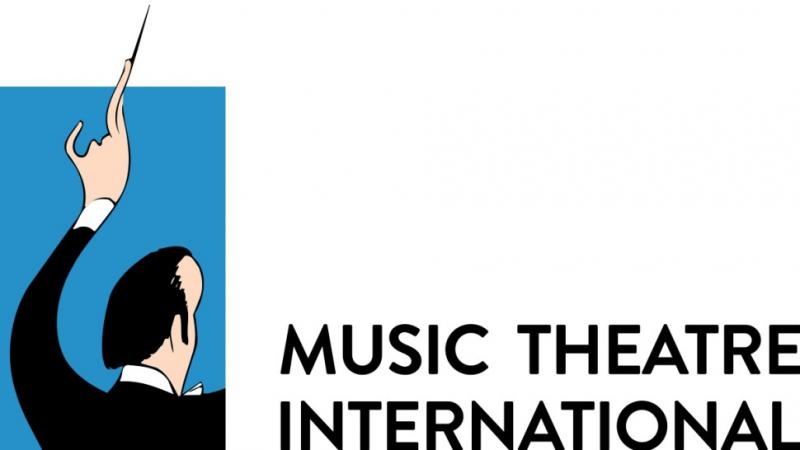Interview: A Look Into Licensing, Broadway Junior Musicals, and More with MTI
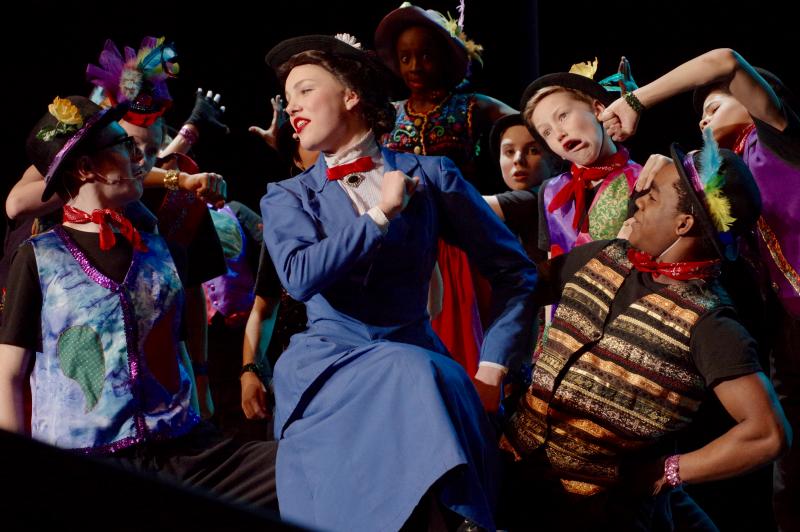
Music Theatre International (MTI) is one of the biggest names in the theatre industry responsible for licensing shows and guarding the rights of the brightest creative minds the arts have to offer. But what really happens during this process? How does a show get to the regional market and how do special school editions like Junior musicals make it to schools?
BroadwayWorld spoke with Director of Marketing Jason Cocovinis and Director of Amateur Licensing Brian O'Sullivan to find out what the licensing process is, how Junior musicals are developed, and more!
What's the process for acquiring rights?
JC: MTI will go to see a show. We like to see anything and everything as it comes to Broadway or makes its way there. We follow shows before they get to Broadway as well. It's important for us to see how it does out of town because most of our business takes place outside of new York.
BO: First we put in a proposition/bid for the show. We'll talk to the producers and rights-holders and let them know that we have an interest and then make up a proposition about what we could do for them and what we think the show will do.
JC: We make our interest known as early in the process as possible, but sometimes a producer will say we're so far away from licensing or even thinking about that because the show might be doing great on Broadway or they might have plans for a tour, so what we do is not an aggressive approach. We make our interest known and when the producers are ready to discuss licensing, we do so at their pleasure.
Are any special considerations made for school groups who may not have a large pool of individuals to choose from or a mix of skill levels or financial burdens?
BO: The standard contract tells them they can't make any changes to the script or score and things like the gender of the characters without getting permission from MTI. If they want to make a change, they write to us. Oftentimes we'll tell them they can't change the gender of a character but they can have a girl playing a male character or vice versa. We have a great relationship with our authors so we can go to them and say this school has certain restrictions, and usually we can get permission for them to make subtle changes, but it depends. If it changes the author's intent or it's a lyric change, it can alter the rhyming scheme and can therefore alter the intent of the author.
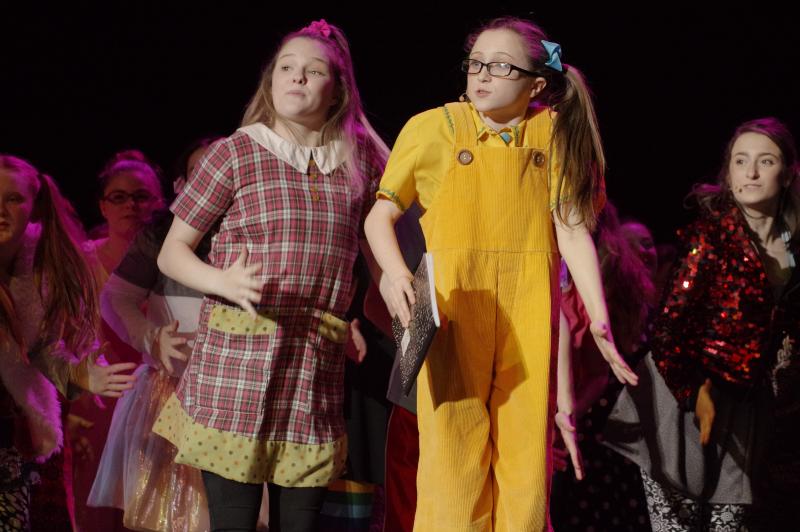
JC: We also have a special collection called School Edition titles, five or six titles that are designed specifically for high school students to perform. The content has been reviewed to take out some of the sensitive material and to make it more accessible. We have things like Rent School Edition and Avenue Q School Edition. It's not changing the intent or the content, but it polishes up areas that would be sensitive or would keep schools from doing it.
As far as cost, schools use the normal pay matrix based around royalties, the amount of seats, and materials fee. With our Broadway Junior musicals for schools K-9, they pay a flat fee to do the show. They can do the show as many times within a calendar year as they would like and they get to keep the materials.
BO: We also base price on ticket sales and ticket prices, not total auditorium size. It's based on the number of seats sold at each performance. If they find that they haven't sold as many as they thought they would, we tell them to let us know, and we'll work it out so we can refund the difference. We're not in the business of making money off of empty seats.
How does something qualify as a Junior musical?
BO: Junior musicals are usually about 60-70 minutes tops and they're more for the middle and junior high level although a lot of high schools do them as well. The collection is around 50 titles, a lot of them classics like Guys and Dolls, Fiddler on the Roof, The Music Man, but we also have newer ones like Hairspray and Legally Blonde.
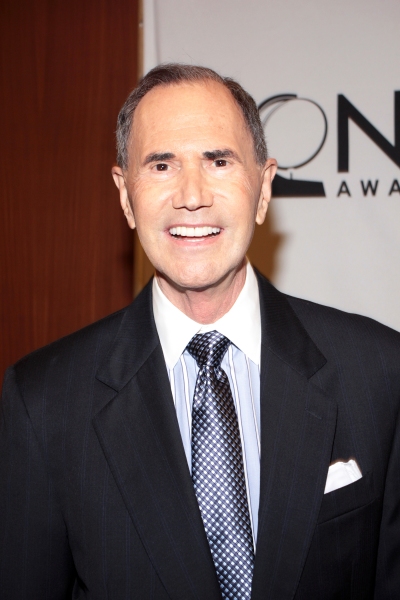
photo credit: Jennifer Broski
They were created because we found there was a need for it about 20 years ago. Our chairman Freddie Gershon was in conversation with Stephen Sondheim and Arthur Laurents of all people talking about how youngsters weren't getting as involved in the theatre as those guys were when they were younger. They were looking for a way to draw them in and capture that audience. They started with Annie Junior and now its grown and grown.
We basically call it a 'musical in a box' as it comes with a performance CD, rehearsal CD, choreographic DVD, everything you need. We try to make it as easy as possible for schools that may not have a Drama Department or may not have done a musical before at all. Over the years we've heard from a lot of high schools that it's changed the way they do shows because when kids come to high school they're already prepared. They know what's expected of them, their parents know what's expected of them and it's really kept a young audience in theatre.
JC: When we consider what we make into a Junior show a lot of times it involves demand from customers. If we're working with Disney they give us surveys, we do surveys. We have a lot of classics, but we also have shows not based on Broadway shows. We have a series of Magic Treehouse Productions which are based on the children's book series. The idea is we want to make it as authentic as possible but we also want to use brands that will draw kids in. If it's their first experience with theatre it helps to have something familiar to them.
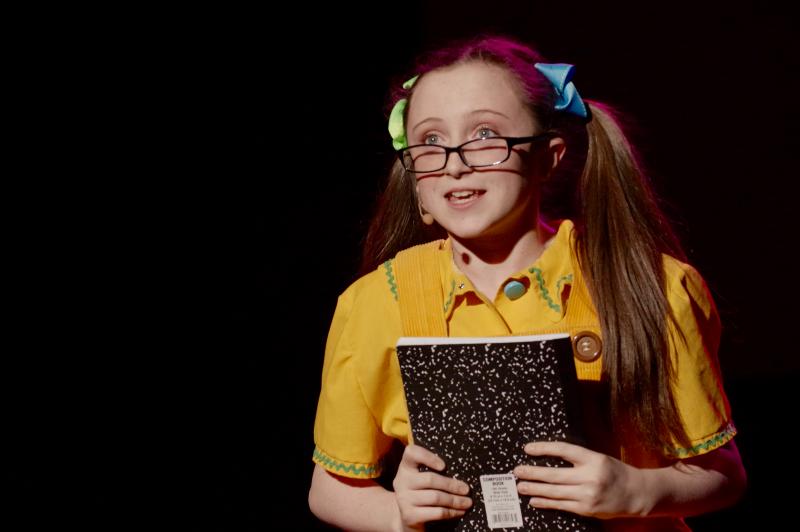
What's the development process like for a new Junior musical?
JC: We work with iTheatrics and they help us develop the musicals through workshops. We have a standard set of materials in a showkit: actors scripts, a directors guide with information about staging and costuming, a choreography dvd, all of these standard assets. Once we get to a point where there's a rough script, iTheatrics will run a week-long camp over the summer where kids come in on a Monday, get assigned parts, and all through the week the kids workshop the shows. Things change minute by minute, then on Friday afternoon, they perform the show for their parents and friends but also MTI and any rights-holders who take notes and see how the first pass goes.
After the first pass happens and notes and changes are incorporated it's about a two year process before it might get to the market. Within that two years, there are more pilot productions throughout the country done by schools or groups of varying levels. We love to see the best schools do things but not everyone is the best, so we want to see the show in a very accessible way and the different groups that can do it.
Why is it so important to license a show properly?
BO: It's the right thing to do. It's the law. We know more than anyone how easy it is to find all of this material online. It's critical to know that just because something is on the internet doesn't mean you can use it, doesn't mean it's yours, and doesn't mean it's free.
JC: It's important to have a great respect for the authors and creators of these works. They don't just appear out of thin air, they're the blood sweat and tears of the lyricist, the book writer, the composer, and it's our job to make sure it's performed exactly as they wrote it because that's the intent. We want to make sure that people do it the right way because that furthers the industry and the business. It's not just about dollars and cents and making sure authors receive their royalties and money, it's about the artistic integrity as well.
For more information about the licensing process, visit www.mtishows.com.
Photo Credits: Mary Poppins JR. at the Junior Theater Festival West (2017) featuring students from BRAVO, Gwendolyn Brooks Middle School in Oak Park, IL. Photo credit Marcus Woollen; Junie B. Jones the Musical JR. at the Junior Theater Festival West (2017) featuring students from The Rose Theater in Omaha, NE. Photo credit Marcus Woollen.
Videos



